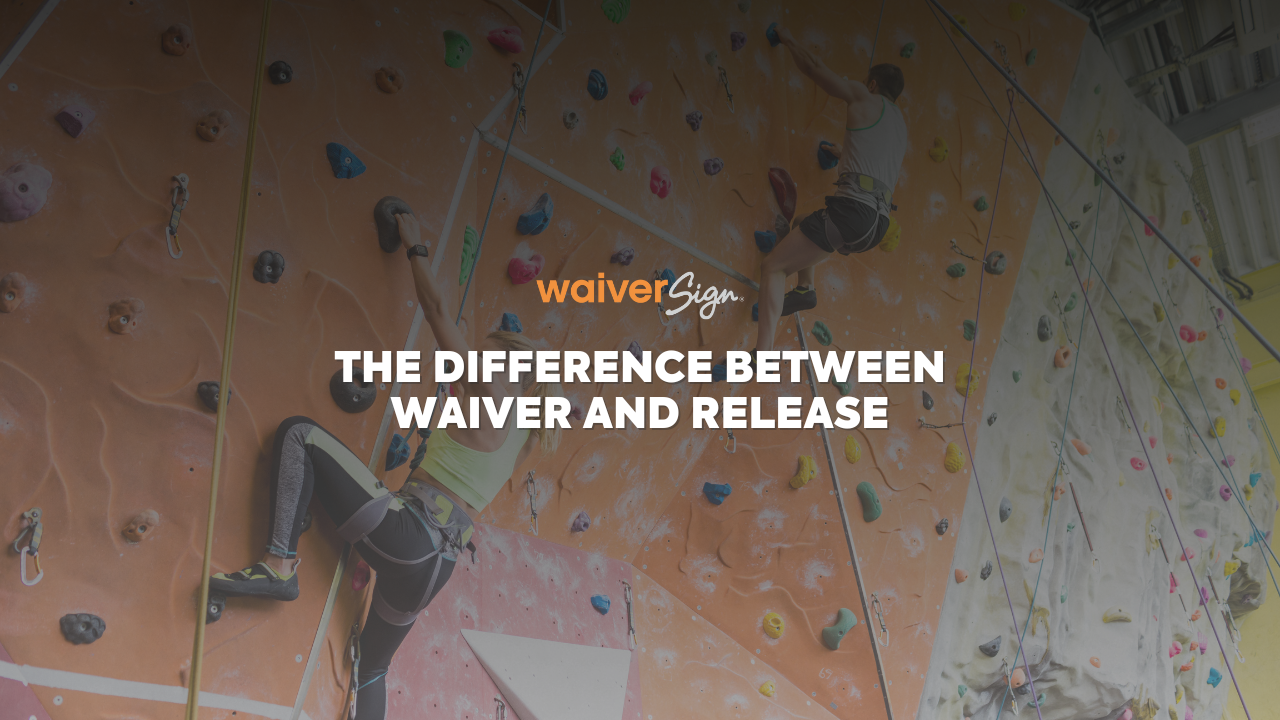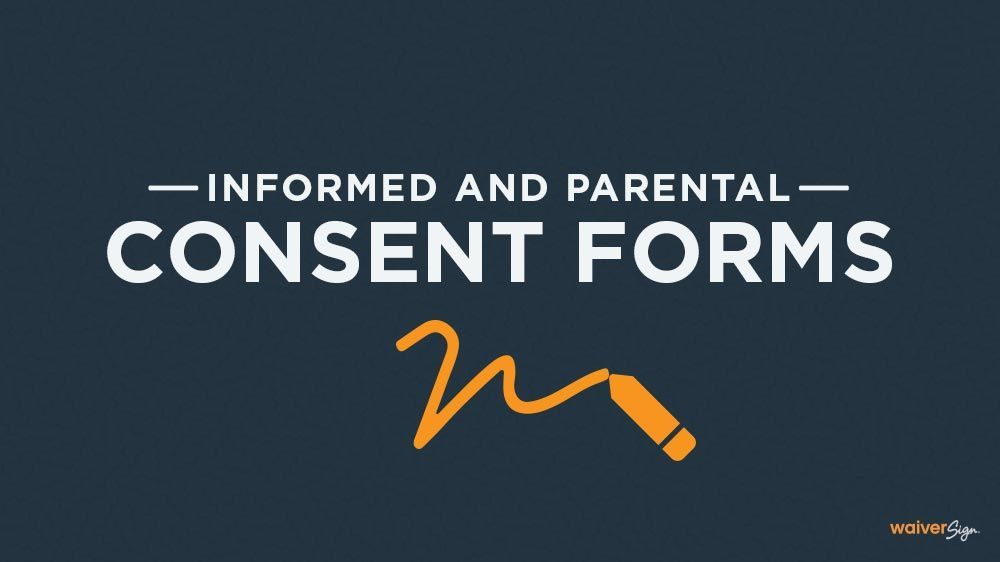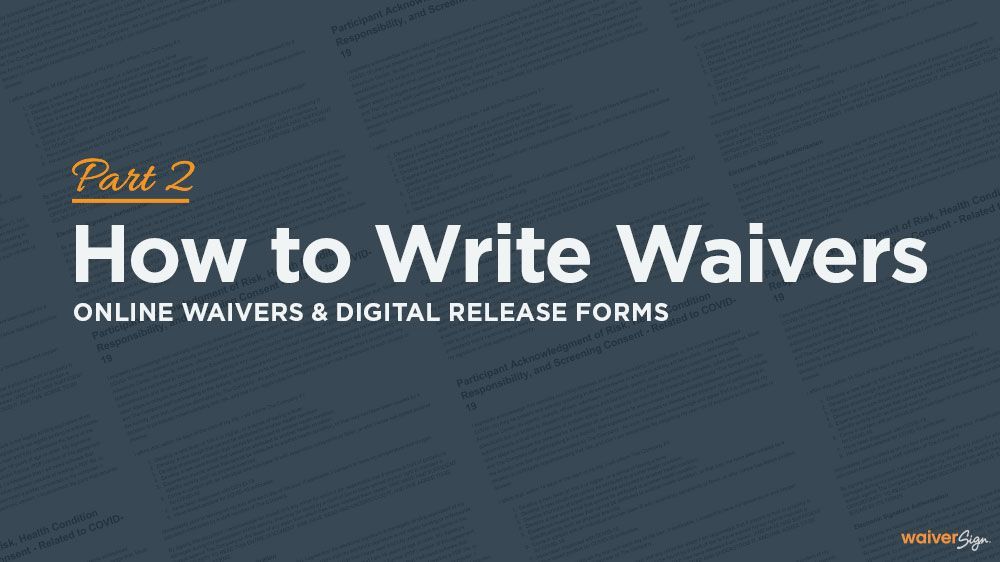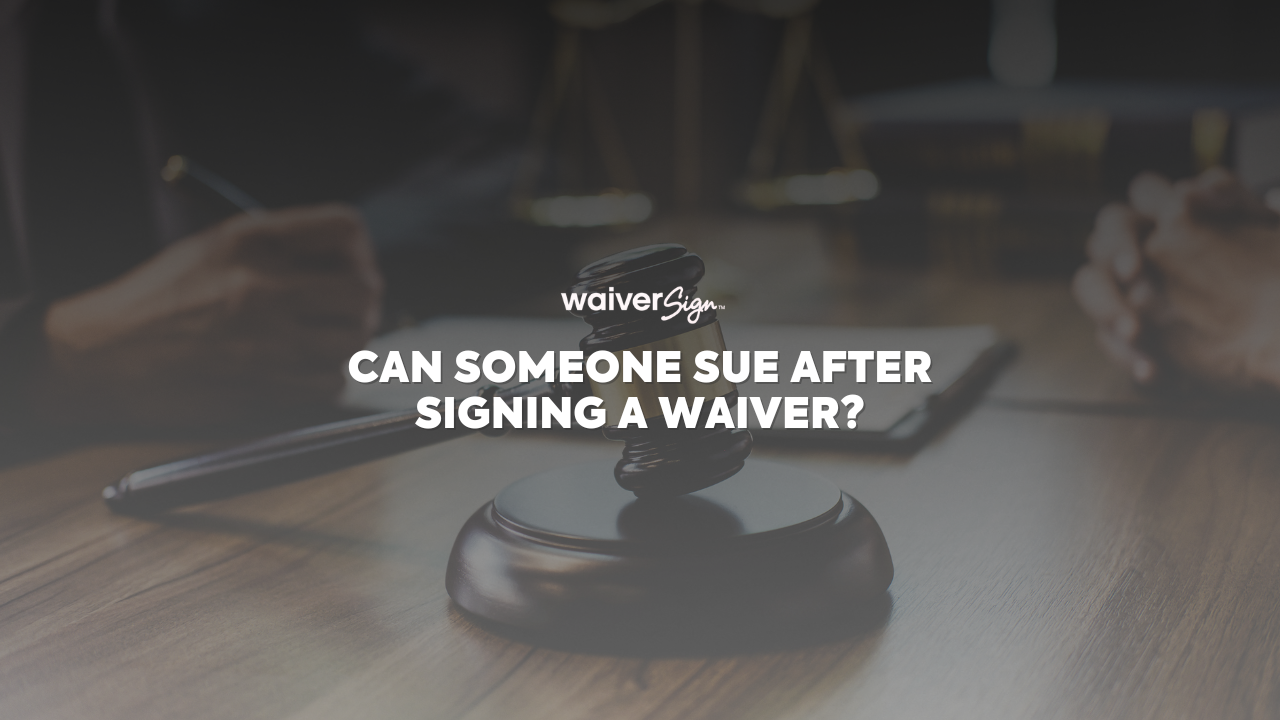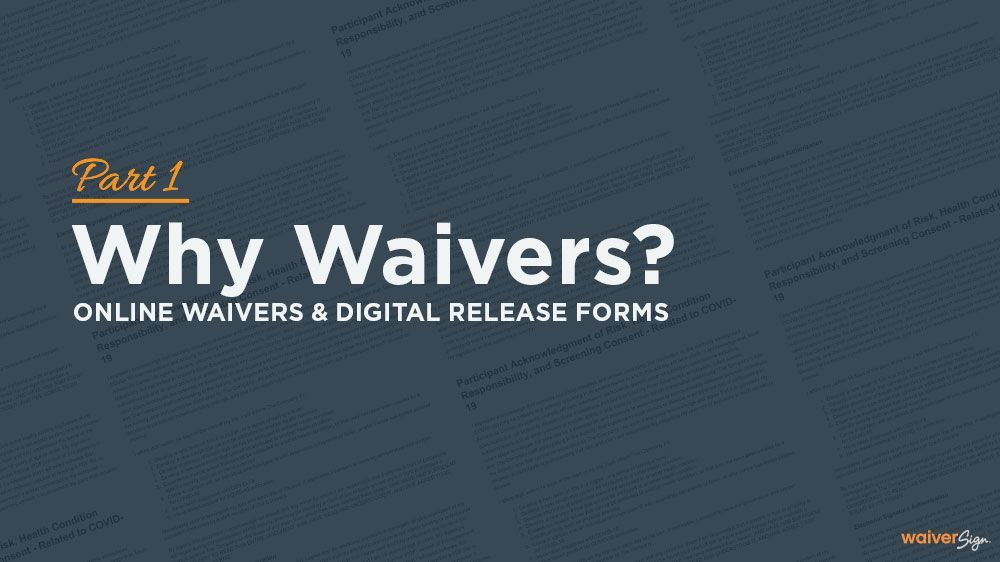Liability Waivers for Employees

Benjamin Ross
Often, different states have different rules for waivers, but one thing is consistent across the country: when it comes to thinking about using waivers for your employees, businesses cannot have workers waive Occupational Safety and Health Administration rights or liability. OSHA asserts that the health and safety of workers are an employer’s responsibility, and ones that cannot be waived.
In this article we will address 3 main points:

What Does OSHA Do?
The Occupational Safety and Health Administration regulates workplace safety, performing scheduled inspections of worksites, investigating complaints and accidents, and creating emphasis programs that focus on trending safety problems. OSHA enforces a regulatory system that covers most industries with general rules and employs specific rules for some industries.
Some states use a state plan to regulate workplace safety, meaning that federal OSHA monitors a state-run agency’s workplace safety and health program, and the state program regulates the businesses in the state. OSHA requires that state plans are at least as effective as OSHA in protecting workers and in preventing work-related injuries, illnesses, and deaths.
Usually, state plan states enforce most federal regulations, making exceptions only for a handful of rules that are stricter or more specific than the federal rules.
Regardless of federal or state enforcement of workplace safety rules, workers cannot waive their rights. Federal OSHA has specifically addressed liability waivers for employees in several contexts, always refusing to allow their use.
Whistleblowers
The best information concerning OSHA’s view of waivers comes from their guidance on what they allow in settlement agreements between businesses and whistleblowers. A settlement agreement establishes the rights of parties, and often its terms contain waivers of rights. OSHA will not allow agreements or liability waivers that prohibit, restrict, or otherwise discourage protected activity, including:
- Broad confidentiality or non-disparagement clauses
- Provisions restricting the right to provide information to the government, participate in investigations, file a complaint, or testify in proceedings based upon past or future conduct
- Provisions requiring workers to notify employers before complaining to or voluntarily communicating with the government concerning past or future conduct
- Provisions requiring workers to affirm that they have not previously provided information to the government or engaged in other protected activity, or to disclaim any knowledge that the employer has violated the law
- Provisions requiring workers to waive their right to receive or requiring workers to remit any part of a monetary award from a government-administered whistleblower award program for providing information to a government agency
- Provisions requiring liquidated damages for breach, which are often improper
Together these prohibitions mean that OSHA does not allow employees to waive rights that help it enforce its regulations. OSHA also prohibits waivers that seek to remove employer duties that regulations mandate.
Issuing guidance concerning waivers of regulatory duties, OSHA has consistently rejected their use. The guidance specifically addresses waivers concerning workers’ right to:
- Wear protective equipment
- Get fit-tested for respiratory use
- Retain bloodborne pathogen samples for 90 days
- Forgo claims for hepatitis B vaccinations
None of these situations allows employers to waive any regulatory requirements.

What To Do For Employees Instead Of Waivers
Where liability waivers for employees don’t work, businesses should educate workers on how to work safely. Businesses should train workers to safely perform their assigned tasks and to use any personal protective equipment associated with those tasks. Additionally, workers should have stop-work authority, which allows them to stop any tasks that are unsafe.
Reporting safety concerns is important for workers, and employers should welcome such information without retribution, and notify workers of that policy of readily receiving feedback. The details of the strategy will depend upon the situation, but information and training can replace waivers to avoid OSHA citations and other enforcement action.
H2: Other Employee Agreement Documents
While a business can’t have their employees waive their right to a safe work environment, there are a number of other documents that can be used to help protect the business from a variety of legal and professional issues.
Closest to the current topic are situations like vaccines—in these cases, informed consent forms are allowed and can protect businesses from legal actions based on claims such as “I didn’t agree to that,” and “I didn’t know it was an option.”
Other documents a business might have employees sign (that OSHA doesn’t bar you from) include:
- Non-disclosure agreements (for proprietary brand information, and sensitive client information)
- Non-compete agreements (to prevent an employee from working for a competitor simultaneously, or leaving the employer for a competitor)
- COVID Screenings (to give employees a chance to declare that they are symptom-free)
- Photo or video release forms (to secure the right to use an employee’s likeness)
- Company code of conduct agreements (to ensure the employee knows the rules)
For all of these examples (and for others we didn’t include here), you can simplify the processes of administering, storing, and organizing these documents by making them digital. Software solutions like WaiverSign allow you to convert paper documents to digital templates that can be administered online, and signed by computer or mobile device.
Conclusion
Properly drafted liability waivers can be good tools for businesses, especially to prevent tort claims. But OSHA enforces its standards and protects worker rights without considering waivers, and may even allege that an employer violates the law by attempting to have workers sign unenforceable waivers.
Whenever businesses encounter laws that OSHA and other government agencies enforce on behalf of workers, they should know that using waivers is not always the best solution.
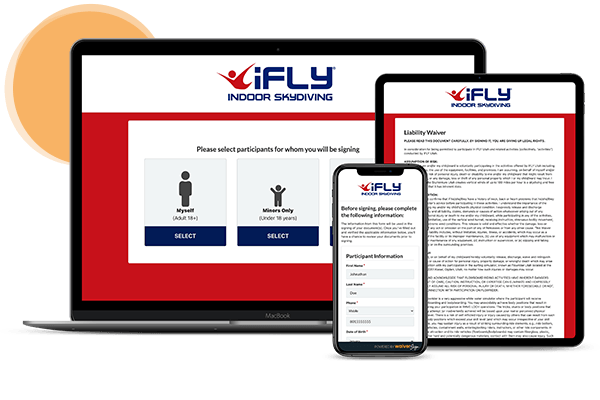
See If WaiverSign Works For You
Don't wait to make the next step in streamlining your business.
SHARE THIS BLOG POST


